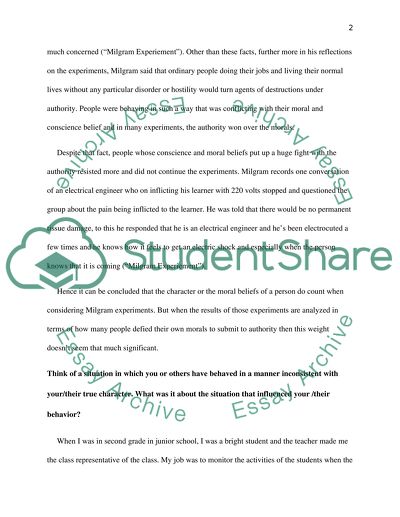Cite this document
(“Note on Human Behavior: Character and Situation Research Paper”, n.d.)
Retrieved from https://studentshare.org/psychology/1432153-note-on-human-behavior-character-and-situation
Retrieved from https://studentshare.org/psychology/1432153-note-on-human-behavior-character-and-situation
(Note on Human Behavior: Character and Situation Research Paper)
https://studentshare.org/psychology/1432153-note-on-human-behavior-character-and-situation.
https://studentshare.org/psychology/1432153-note-on-human-behavior-character-and-situation.
“Note on Human Behavior: Character and Situation Research Paper”, n.d. https://studentshare.org/psychology/1432153-note-on-human-behavior-character-and-situation.


